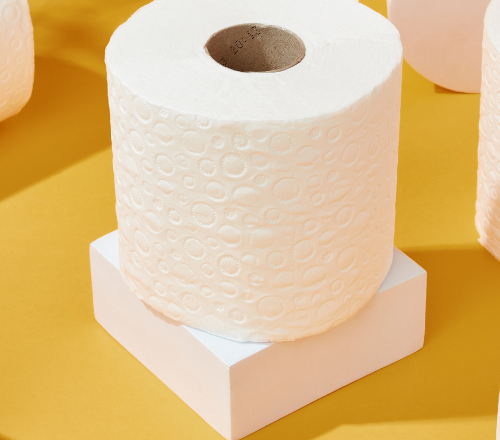The problem of plastic in our oceans has really caught the public imagination in recent years, with TV shows such as the BBC’s Blue Planet II helping to draw attention to the issue. Luckily, as a consumer, there are things you can do to help preserve these essential ecosystems.
To discover more about this topic, and some of the fascinating and varied creatures that call this environment home, check out our three interactive brainteasers. Our Plastic Pollution Quiz lets you test your knowledge on the environmental impact of plastic in our seas, while our Marine Life Crossword will have you racking your brain to identify some iconic sea creatures. And see if you can find all the fish in our Ocean Clear Up visual puzzle.
If you’d like to up your eco game, take a look at our five top tips to help you to live a greener, more sustainable lifestyle.
1. Shop responsibly
Switching up the way you shop could have a big impact on how environmentally friendly you are. For example, when it comes to food shopping, where possible look for goods that are produced locally. This keeps food miles to a minimum. For other products, try to prioritise items that are manufactured in the UK rather than abroad as this will further reduce your carbon footprint as a consumer.
It’s also a good idea to look for products that have plastic-free packaging. In the UK, plastic packaging accounts for more than two-thirds (70%) of our plastic waste, and only 6% of flexible plastics are recycled.
When buying certain items online, such as toilet rolls, it makes sense to order in bulk as this reduces the number of deliveries made and therefore miles travelled.
To keep waste to a minimum when it comes to stocking up on groceries, always plan your meals carefully and check what you have in your fridge and cupboards before shopping.
2. Recycle as much as possible
Try to get into good habits when it comes to separating and recycling your household rubbish. Bear in mind that many supermarkets now provide plastic recycling collection points that take stretchy plastic (such as carrier bags, frozen food bags and bread bags). Find out if your local stores have this facility and make use of it if they do.
When you’re getting rid of anything from old clothes to electronics or furniture, don’t just bin it or take it to the skip. See if you can find a new home for it. You might be able to sell it on sites such as eBay, Gumtree or Facebook Marketplace, or if not, perhaps you could give it away on sites like Freecycle.
3. Take care of your electricals
There’s no denying that we have a throw-away culture when it comes to many things, including electricals, but that doesn’t mean you can’t do your bit to keep your gadgets and appliances in good working order for as long as possible. Simple things, like regularly cleaning items like your laptop, mobile phone and white goods, will help to prolong their lifespans. And if an electrical item breaks down, investigate your repair options before you replace it.
If goods really are beyond repair, call the manufacturer or retailer you bought them from and see if they will take the items back for reuse or recycling.
4. Improve your home insulation
Given that around 22% of the UK’s carbon emissions are produced by homes, it makes sense to think about things you can do to make your property more eco-friendly. One area to look at is insulation. Even small fixes can result in big savings, which is a win for your wallet as well as the planet. For example, if you have a hot water cylinder, fit it with an insulating jacket if it doesn’t already have one. Also, seal any gaps around doors or windows that let in cold draughts, and use draught excluders under doors.
If you’re willing to spend a little more money, you might want to investigate adding cavity or solid wall insulation if your home doesn’t already have it, and the same applies to roof and loft insulation. It’s worth noting that up to a quarter of heat from a home can be lost through an uninsulated roof.
5. Become an eco-driver
Giving up your car to become greener might not be an option, but changing the way you drive could help you to be kinder to the environment. For example, make sure your vehicle is serviced regularly and well-maintained. This can improve fuel efficiency by as much as 10 per cent, according to the RAC Foundation. Keep your tyres inflated to the correct level too, as underinflated tyres increase friction with the road surface and cause you to burn more fuel. Another tip is to remove any roof boxes or racks when you’re not using them as these features add to the weight of your vehicle and make it less aerodynamic.
When it comes to actually driving, avoid heavy braking and accelerating as this makes you burn more fuel. And if you’re travelling at less than 40 miles per hour, open a window to cool the car down rather than switching on the air conditioning. Also, if you’re going to be stationary for more than a minute, switch your engine off.
Do you have your own eco suggestions you’d like to share? Join the conversation using the hashtag #SeasTheDay.




